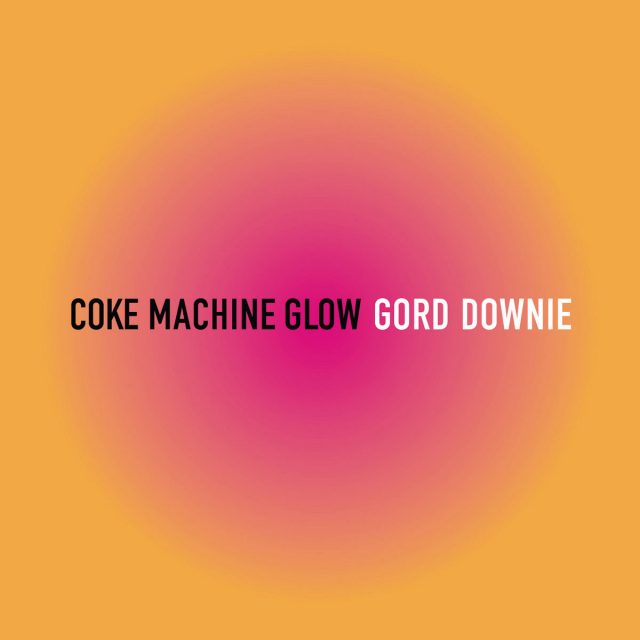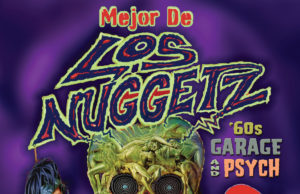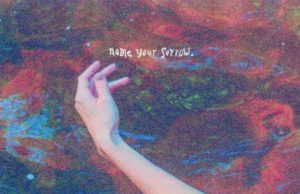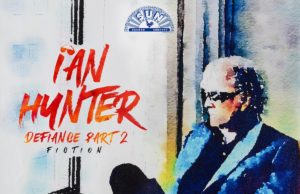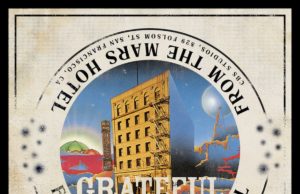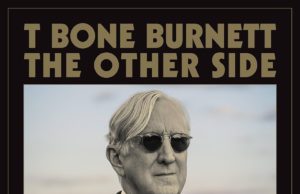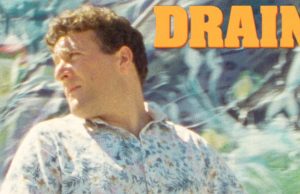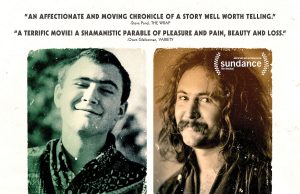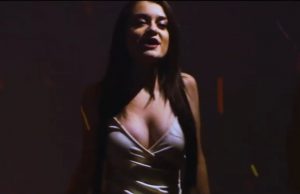This came out in 2001 – or at least that’s when I got it. Here’s what I said about it back then (with some minor editing):
Ah yes, the eternal debate: Are rock lyrics poetry? The answer, of course, is yes, they are — if you want them to be.
Defining poetry is like defining any art form — it’s art if the artist says it is. If John Cage says silence is music, it’s music. If Little Richard says, “A-wop-bop-a-loo-bop, a-wop-bam-boom!” is poetry, it’s poetry. That’s the deal. Of course, as elitist curmudgeon Steve Allen frequently demonstrated, it ain’t necessarily good poetry — strip the music from most rock lyrics and read them aloud, and they sound like the silly schoolyard rhymes they are. Sure, there are exceptions: Leonard Cohen, Patti Smith, Joni Mitchell and Bob Dylan wouldn’t be laughed out of The Fiddlehead.
Tragically Hip frontman Gordon Downie submits his official application to join the Rock Poets’ Society with Coke Machine Glow, his first solo album. For a limited time, the 16-track disc comes bundled with a 100-page book of lyrics and poems. Both parts will eventually be available separately, but if you’re gonna buy it, I suggest you do it now. Not because you may save a few bucks, but because the thing works better as a package — each half feels incomplete without the other.
Let’s start with the music, which is easily summed up in eight words that might have been a more practical title: This Is Definitely Not a Tragically Hip Album. Coke Machine Glow’s vibe is several steps removed from Downie’s day job. Instead of tightly wound, propulsive arena-rock, you get atmospheric, rough-hewn jams that shamble, shape-shift and drift vaguely like The Band, Cowboy Junkies or Daniel Lanois. The long guest list alone — members of The Odds, Skydiggers, Barenaked Ladies, By Divine Right, The Sadies and The Dinner Is Ruined appear, as do Julie Doiron, The Hip’s Paul Langlois and even filmmaker Atom Egoyan — seems like the tip-off that much of this was improvised or at least done on the fly. At least that’s how it seems. Meditative cuts like the swirling and strummy SF Song, the quietly jangly Chancellor and the darkly shimmering country of Elaborate sound like they were written and recorded after midnight at a lakefront cabin with the lights off. (That’s probably also the best way to listen to them.)
But while these songs and several others hold up to repeated listening — especially the dreamy Roy Orbison-style ballad Trick Rider and the lumpy, tuba-driven blues stomper Yer Possessed — too many others come off as insubstantial, half-baked experiments without enough substance to hold your interest. There aren’t many catchy refrains to be found here, and certainly none of The Hip’s big choruses. And even the biggest fan (and I think I might know him) probably won’t want to hear spoken-wordy soundscapes like Starpainters and Mystery more than once, even if you can read along in the book.
And what about that book? Well, it’s a tasteful, slender affair with fuzzy, nostalgic photos to go with Downie’s fuzzy, nostalgic words. The lyrics are scattered amid the other selections, so you end up flipping back and forth and sampling bits of verse while trying to keep pace with the album. And yes, a lot of it qualifies as poetry by anybody’s assessment. But again, there’s plenty of questionable stuff. My Road Diet is three words: “Beer and gum.” Art Vs. Commerce is another one-liner: “Paternity leave from a rock ’n’ roll band.” TV is a haiku-like ditty. And so on. Cute, but not quite Bukowski — although Downie does rhyme “catharsis” with “my arse is” at one point.
But as I said: If Downie wants to call this occasionally self-indulgent fare poetry, it’s poetry. And if he wants to print it up, record it and sell it, that’s his business. Or it should be. But as the back of this CD notes, it was recorded with “the financial support of the Government of Canada through the Sound Recording Development Program.” He may not be a poet, but when one of Canada’s most successful major-label rock stars can get taxpayers to help foot the bill for his vanity project, he’s clearly mastered of the art of the deal.















